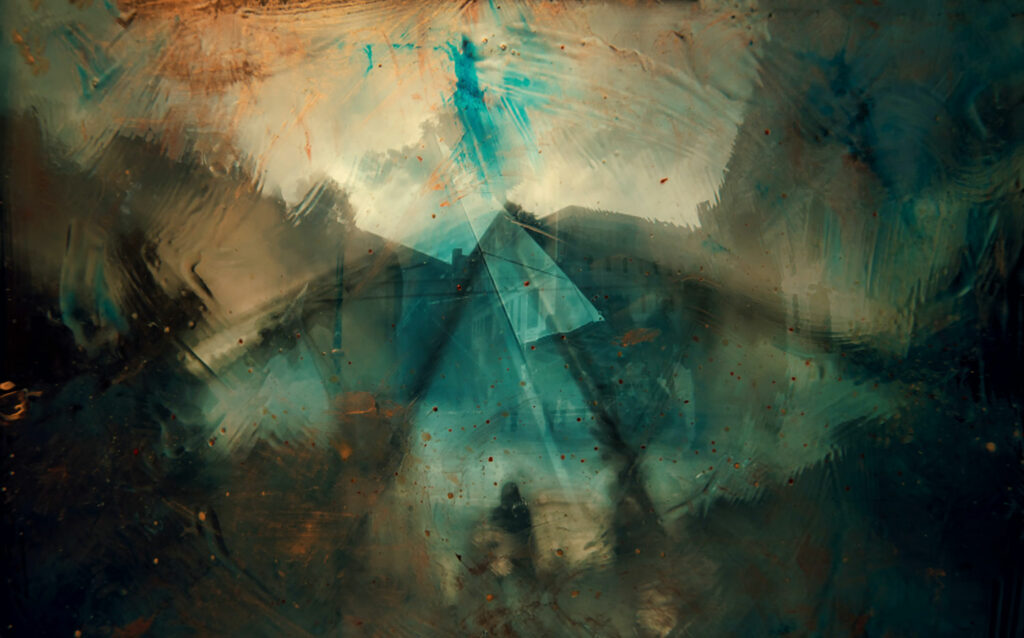Soon enough, or maybe not soon enough, Ocean Vuong will be centered in the occasional series I keep, “A Poet Was There.” I need time to read more, digest more, breathe.
In the past several years, the name Ocean Vuong has seeped into my mind here and there. It was clear he, a young, queer, Vietnamese refugee-cum-American was being hailed as a gifted poet, a man of extraordinary capabilities with words. But I did not know why. I did not tap into that vein in earnest until this morning.
I think I’ve read this or that with his name attached before. Probably. The occasional one-off verse. But I seem never to have taken hold of a full collection of his poetic specialness until this week, when I picked up his first book of collected poetry, “Night Sky With Exit Wounds,” (2016) from the public library.
The book sat on our dining table for a couple days. This morning, having dropped off my younger son at school and returned home, I opened the book while I ate breakfast.
By random action, my right thumb first slid into the poem, “Seventh Circle of Earth.” The stunning quietness of the negative space beneath the title focuses a reader’s eyes only on single-digit numbers, staggered, falling down the otherwise nearly blank page.
The poem is written in the footnotes. It’s infused with power and emotional weight by the nothingness in the space above. The representation of the truth within, news of immolation of a gay couple in their home in Dallas, Texas, in 2011, is made nearly invisible, relegated to the bottom of the page.
The poem, the men, nearly go unseen, uncared for. The superscript numbers that hang in the balance above signify. Only in the footnotes, with an effort made to read the footnotes, will this story be told, be held.
As soon as I recognized what Vuong had done, I hear the voice in my head say, “Oh, shit.” My heart skipped.
I started to read the lines, the poem in the footnotes, and stopped myself. “I can’t yet. Oh my god, I have to make space for this.” It couldn’t be a reading of whimsy. I would need to prepare, to set aside space and time, to be ready for what was to come.

I flipped to another page in the book: “My Father Writes From Prison.”
It’s a full, block paragraph, the intended lines of the poem only broken by slashes (and requisite page margins). Again, breathless. “This is different. Ocean Vuong is different.”
I don’t know how to explain this to someone who doesn’t feel things in this way. Or at least doesn’t feel something like poetry, which has a perceived intellectual barrier to entry, in this way.
I can’t say my relationship to poetry is all-consuming or particularly studied or rich in any critical daily sense. This is not a haughty sophistication I claim.
I don’t carry poetry books with me wherever I go, or even write my own poetry with consistent effort. I draw myself in too many creative directions to focus, to specialize, on any one of them.
I value, however, the essential expressions that can arise through poetry. It has a special power in the hands, hearts and minds of those equipped for the work. That rare power is why “A Poet Was There” exists.
And I do write poetry, if in inconsistent spurts, and likewise read poetry. It’s one piece within the many creative connections I have. While I’ve had moments when I might tell myself I’d like to focus only on poetry, or only on photography, or only on X, Y, 3, I can’t. I won’t.
So it’s in this context that I am late to the Ocean Vuong revelation. Things have a way of coming to us when we’re ready, open and receiving. This morning was the morning. And now for an untold number of mornings to come.
There will be more Ocean Vuong shared here on the Humanitou blog, and then likely the podcast. I can’t not. But first, I have some catching up to do.
Photo by Jr Korpa


